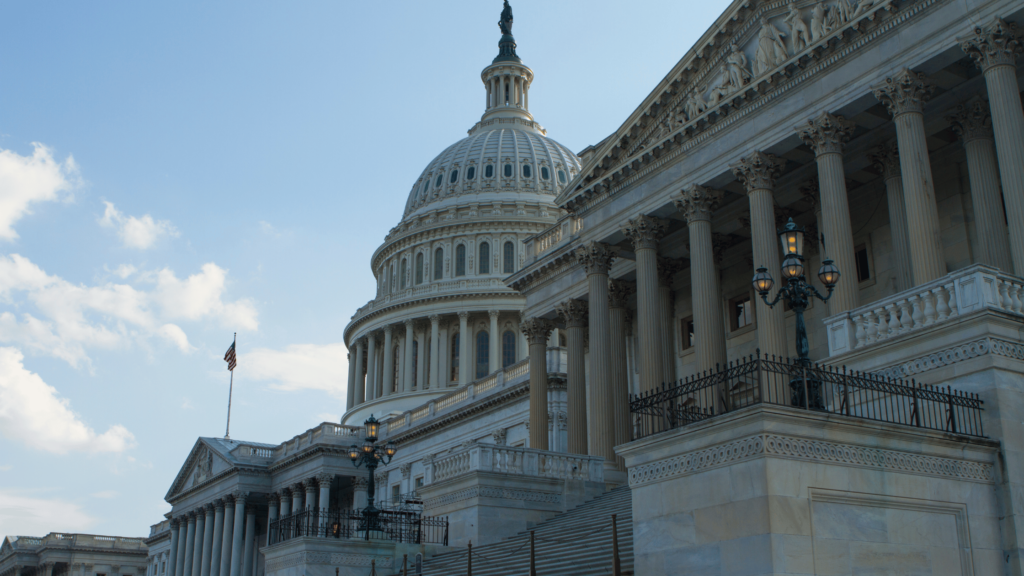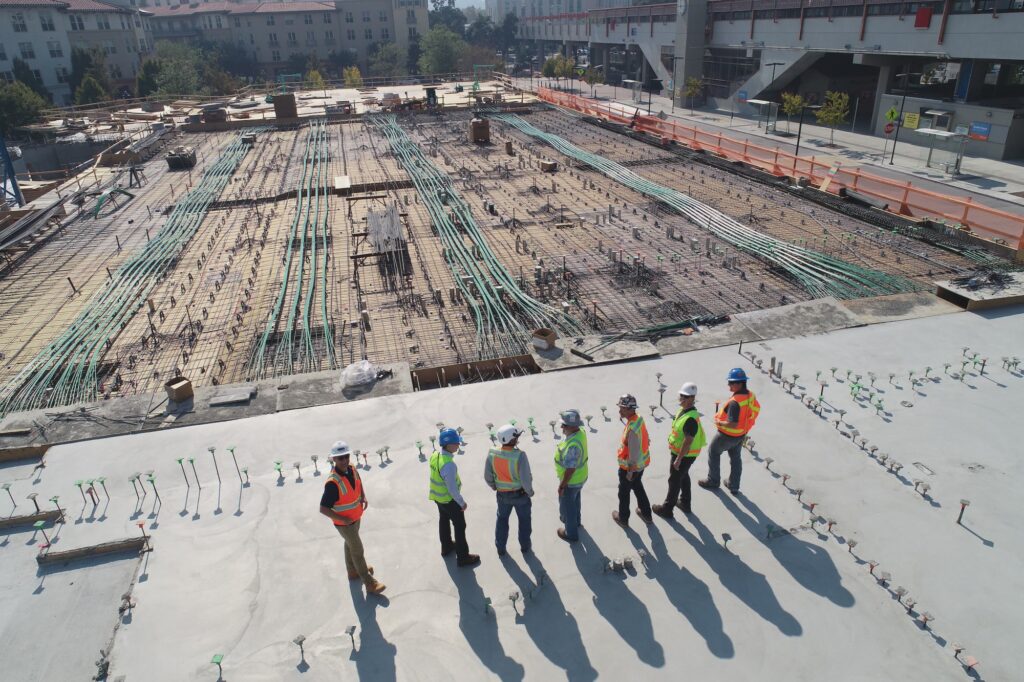The United States is days away from a potential government shutdown that would impact millions of Americans, and the White House has advised federal agencies to prepare.
Here’s what you can expect should we enter a shutdown next week, and how it will impact occupational safety programs and operations.
What is a government shutdown?
A shutdown happens when Congress fails to pass some type of funding legislation that is signed into law by the president. When no funding legislation is enacted, federal agencies must stop all non-essential work and will not send paychecks as long as the shutdown lasts. But, Social Security checks will still be sent.
What kind of timeline are we looking at?
Government funding expires Oct. 1, the start of the federal fiscal year. A shutdown will effectively begin at 12:01 a.m. that day if Congress is not able to pass a funding plan that the president signs into law.
How long might it last?
It is impossible to predict how long a shutdown would last. In this case, with a divided Congress (Democrats control the Senate; Republicans control the House) complex negotiations are needed to resolve this. In addition, some in the House Republication caucus are using the shutdown as leverage for spending cuts and policy priorities for the upcoming fiscal year. All told, many are predicting a shutdown that could last weeks.
How does this affect the safety equipment industry?
OSHA will shut down. Many in OSHA’s HQ will be furloughed. Rulemaking efforts will come to a halt, which means the process will take even longer than normal. ISEA is currently trying to confirm if enforcement staff are considered essential and if inspections will continue.
So will NIOSH. The respirator certification operation will be impacted. Not only will certifications stop, but it will also cause a backlog that may take months to resolve. ISEA sent a letter asking HHS and OMB to deem NPPTL staff essential.
Ditto for EPA. Civil enforcement inspections, unless necessary for excepted or exempted activities will stop. However, law enforcement and criminal investigations, and other activities, will continue.
And FEMA. Staff members working to process grant programs for firefighters and other responders will stop, which means these essential workers will have to wait longer to get their life-saving equipment.
What does ISEA think?
The impact of a government shutdown to worker safety is dire. Extreme delays in OSHA rulemaking impairs the agency’s ability to protect workers. And, with federal respirator certification operations halted, the backlog of requests will delay new product from entering the market, potentially resulting in what we experienced during the COVID-19 pandemic – not enough protection for those who need it the most.
We hope Congress can quickly reach an agreement to prevent a lengthy shutdown.
Have questions? Reach out to ISEA’s Dan Glucksman.


